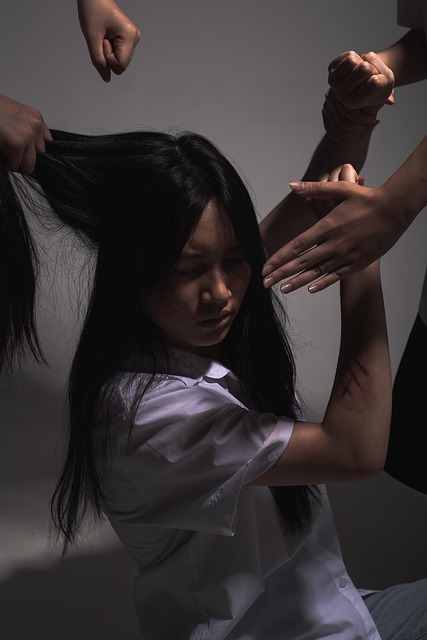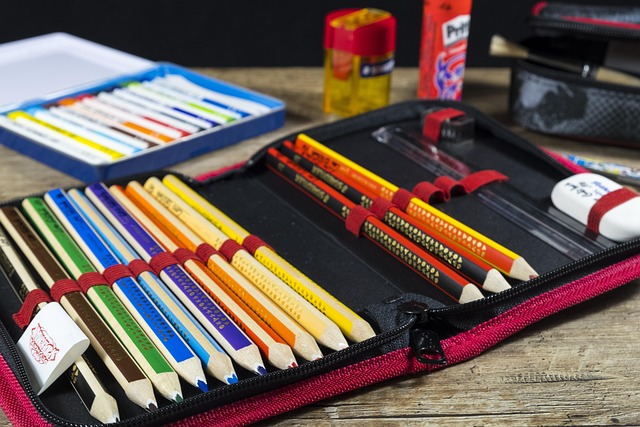The impact of abuse at Agape Boarding Schools lingers deeply in survivors, causing complex psychological issues such as anxiety, depression, and PTSD. Structured environments and authority figures contribute to trauma that affects self-sense and trust. Survivors often face isolation due to secrecy or self-blame teachings. Specialized support, including mental health services, safe housing, legal assistance, and validation, is crucial for healing. Advocacy gives survivors a platform to share their stories and challenge systemic failures, ensuring accountability and fostering awareness. Supportive groups, lobbying for legislative reforms, and pro bono legal aid empower survivors to seek justice, closure, and recovery.
Many survivors of Agape boarding school abuse struggle with lifelong trauma, making advocacy crucial for their healing and justice. This article delves into the profound impact of such misconduct and explores strategies to empower survivors. We examine the essential role of advocacy in supporting those affected, offering guidance on effective approaches to seek justice for Agape boarding school abuse victims. By understanding the complexities of their experiences, we can foster a supportive environment for healing and accountability.
- Understanding the Impact of Agape Boarding School Abuse
- The Role of Advocacy in Supporting Survivors
- Strategies for Effective Advocacy and Justice for Victims
Understanding the Impact of Agape Boarding School Abuse

The impact of abuse at Agape Boarding Schools extends far beyond the physical and emotional scars left on its victims. These individuals often grapple with complex psychological issues, including anxiety, depression, and post-traumatic stress disorder (PTSD). The structured environment and authority figures within these institutions can create a traumatic experience that shapes their sense of self and trust in others for years to come. Many survivors struggle with feelings of isolation and disconnection, as they may have been taught to keep their experiences secret or to blame themselves.
Agape Boarding School Abuse Victims require specialized support to heal and rebuild their lives. This includes access to mental health services, safe and supportive housing, and legal assistance to ensure justice and accountability for the perpetrators. It is crucial for these survivors to feel heard, validated, and empowered as they navigate the process of recovery, restoration, and reintegration into society.
The Role of Advocacy in Supporting Survivors

Advocacy plays a pivotal role in supporting survivors of Agape boarding school abuse victims, offering them a voice and a path to healing. It involves various strategies aimed at ensuring justice, accountability, and closure for those who have endured traumatic experiences. Through advocacy, survivors can bring their stories to light, challenging the systemic failures that enabled the misconduct. This process fosters awareness, encourages policy changes, and helps prevent future occurrences.
By advocating for these survivors, dedicated groups and individuals provide crucial support, guidance, and resources. They facilitate access to legal aid, therapy, and support networks, empowering victims to take control of their healing journey. Advocacy also involves lobbying for legislative reforms, ensuring that laws protect vulnerable individuals and hold perpetrators accountable. This comprehensive approach addresses the immediate needs of survivors while working towards a safer and more supportive environment for current and future Agape boarding school attendees.
Strategies for Effective Advocacy and Justice for Victims

Many survivors of abuse at Agape Boarding School struggle with finding justice and healing due to the complex nature of their experiences. Effective advocacy for these victims requires a multi-faceted approach. One crucial strategy is building strong support networks, connecting survivors with peer groups and counseling services specialized in trauma recovery. These networks provide emotional support, foster a sense of community, and offer valuable resources for navigating the legal process.
Additionally, legal aid and representation are essential components of advocacy. Survivors of Agape Boarding School abuse victims may benefit from pro bono legal services to pursue civil lawsuits against the institution and hold perpetrators accountable. This can involve documenting and presenting evidence of misconduct, which may include medical records, witness testimonies, and other relevant documents. By combining these strategies, survivors can work towards securing justice, closure, and much-needed support in their journey towards healing.
Survivors of Agape boarding school abuse deserve justice and support. By understanding the profound impact of such misconduct and advocating for their needs, we can help heal wounds and ensure accountability. Effective advocacy strategies are crucial in bringing closure to victims, fostering a culture of transparency, and preventing future occurrences. Together, we can create a safer environment and offer much-needed support to those who have endured this trauma.
